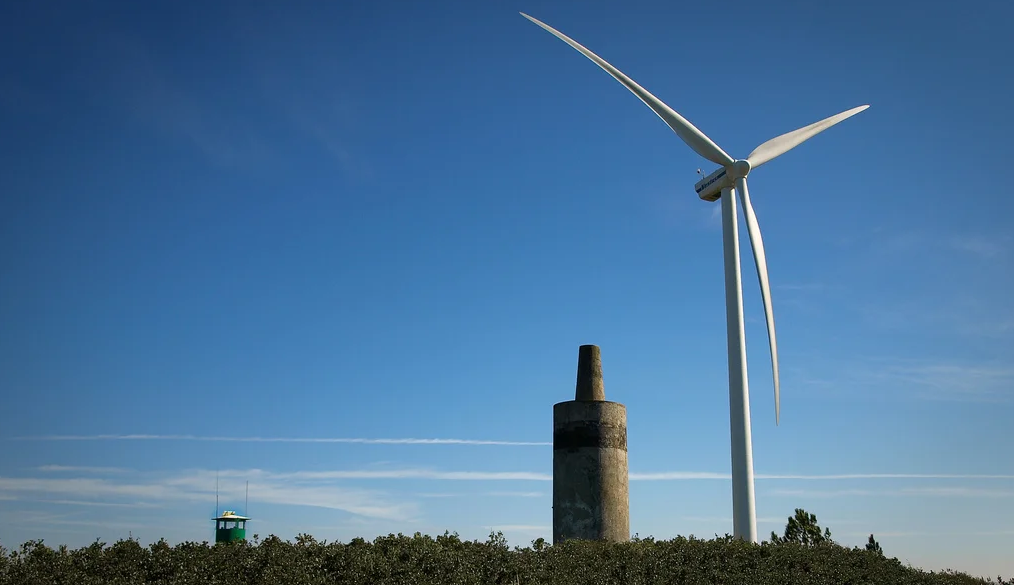Portugal has been recognized for its significant efforts in promoting renewable energy, reducing greenhouse gas emissions, and improving air quality according to a recent report released by the Organisation for Economic Cooperation and Development (OECD).
The report, which is the fourth review of Portugal’s environmental performance, provides 26 recommendations to help the country “strengthen policy coherence to drive a green economic recovery” and make progress towards carbon neutrality and sustainable development, one of the main environmental indicators where the country excels is in the percentage of renewable energies in the total energy supply, which stands at 29% in 2021. This is significantly higher than the OECD average of 12%, the country also performs well in the intensity of greenhouse gas emissions “per capita,” which is 5.6 tonnes of carbon dioxide equivalent while the OECD average is 10.5 tonnes.
 Image: Diogo Rodrigues, Acciona
Image: Diogo Rodrigues, Acciona
Today, Portugal is better positioned than the OECD average in the average exposure of the population to fine particles, one of the main atmospheric pollutants, the country also performs slightly better than the OECD average in municipal waste per capita.
However, the country needs to improve in the recovery of municipal waste materials, the percentage of composting and recycling in the total treatment is only 28%, while the OECD average is 34%. Portugal also lags behind in the efficient use of resources, with urban waste generation growing faster than the economy. Portugal generated more urban waste “per capita” than the European average in 2020 and had one of the highest landfill rates.
The OECD report warns that the state of habitats and species in Portugal has deteriorated. Despite this, the country reserves 0.7% of its GDP for environmental protection spending, which is higher than the OECD average of 0.5%. However, it is lower than the European Union average of 0.9%.
The country also performs well in the budget for research and development in the area of environment and energy, with 6.4% of public spending on research and development, this is higher than the OECD average and the EU average, where it reaches only 4.3% in Portugal.
The OECD report highlights the threats posed by climate change, such as droughts, and advises that more should be done to “improve knowledge and monitor progress on adaptation policies, and increase the value of rural areas for climate change mitigation and adaptation.”
Despite the challenges that Portugal faces in waste recovery and efficient use of resources, the country’s successes in renewable energy and greenhouse gas emissions serve as a beacon of hope for the future of our planet and generations to come and now with the recommendations provided by the OECD, Portugal can make progress towards carbon neutrality and sustainable development, while also protecting habitats and species from further deterioration.
By strengthening policy coherence and driving a green economic recovery, the country can inspire other nations to follow suit in the fight against climate change and we believe that with continued effort and dedication to sustainability, we can create a more resilient and equitable world for ourselves and future generations.